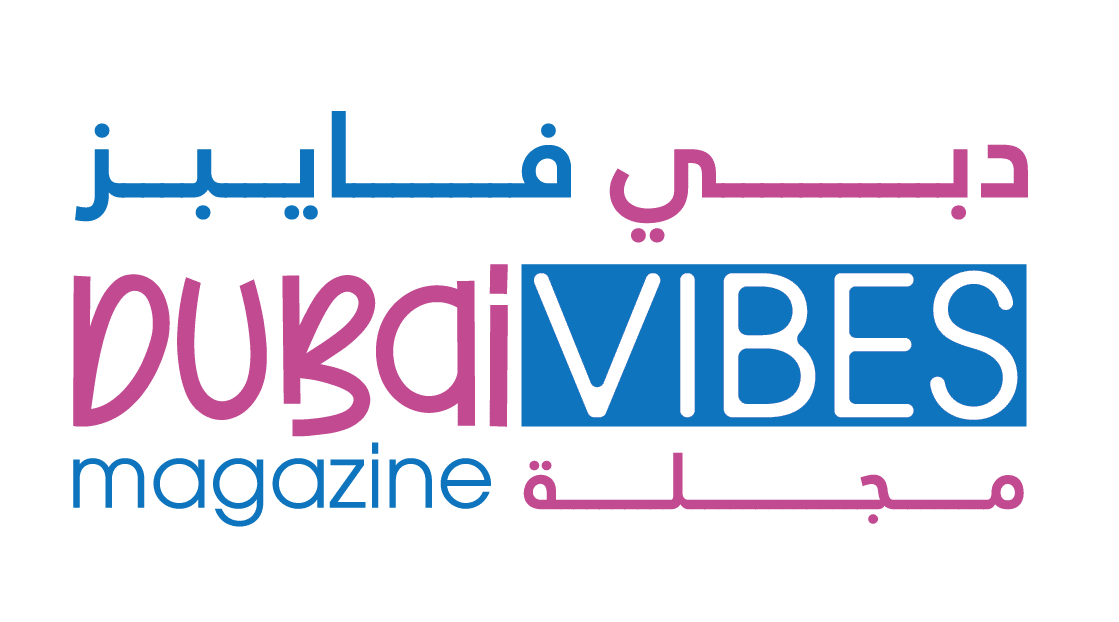
The UAE, based on the directives of its wise leadership, and over more than five decades, has established itself as a key supporter of efforts to enhance global security and stability through its development programmes, humanitarian aid and initiatives aimed at the development of humanity and spreading the values of goodness and peace.
To that end, the UAE has followed a clear path based on achieving prosperity and supporting growth in the countries of the world, based on the values and principles of giving, in addition to the country’s experience and achievements across vital sectors.
To achieve this, the UAE has provided many forms of support for global development projects, and has continued its active role in international organisations and institutions in order to achieve common aspirations.
In this context, the UAE has actively contributed to supporting the Group of Five for the Sahel (G5 Sahel) in sub-Saharan Africa, which includes Mauritania, Burkina Faso, Chad, Mali and Niger.
The UAE was, and still is, a reliable partner to the countries of the Sahel region by providing them with support in facing challenges through its continuous development aid. During the period from 2018 to 2023, the value of UAE foreign aid to the G5 Sahel countries amounted to US$750 million, which constitutes 3 percent of the country’s total foreign aid during this period.
About 75 percent of the UAE’s foreign aid to the Sahel countries was provided in the form of development aid, while charitable and humanitarian aid accounted for 16 percent and 9 percent respectively.
With the UAE’s pioneering efforts to support the G5 Sahel countries to achieve their development goals and objectives, the UAE’s development aid contributes to mitigating the repercussions and effects of climate change, as well as facing the G5 Sahel countries’ economic challenges.
In light of the report issued by the World Bank in 2022, the Sahel countries face many challenges, including severe drought, floods, and multiple repercussions associated with climate change. The report also indicated that estimation note to an increase in the region’s temperatures by 2 degrees Celsius by 2040, which requires more support and development aid.
The World Bank highlighted the importance of meeting the needs of the G5 Sahel countries to enhance their response in facing climate challenges, and the importance of achieving “rapid, strong and inclusive” economic growth in this region to assist in “better adaptation to climate change.”
The UAE’s relief and humanitarian work is a comprehensive institutional work carried out by over 43 official and civil bodies. The country’s humanitarian work is not limited to providing material assistance, but also extends to direct interaction and mobilising aid to crisis-affected areas.
The UAE’s distinguished experience in the field of relief and humanitarian development work is based on continuity through the implementation of development projects that benefit the people of the beneficiary countries, such as building housing, hospitals, constructing roads, power stations and digging wells, which provides sustainable development support for basic resources based on effective contribution to improving living conditions in the affected countries.

